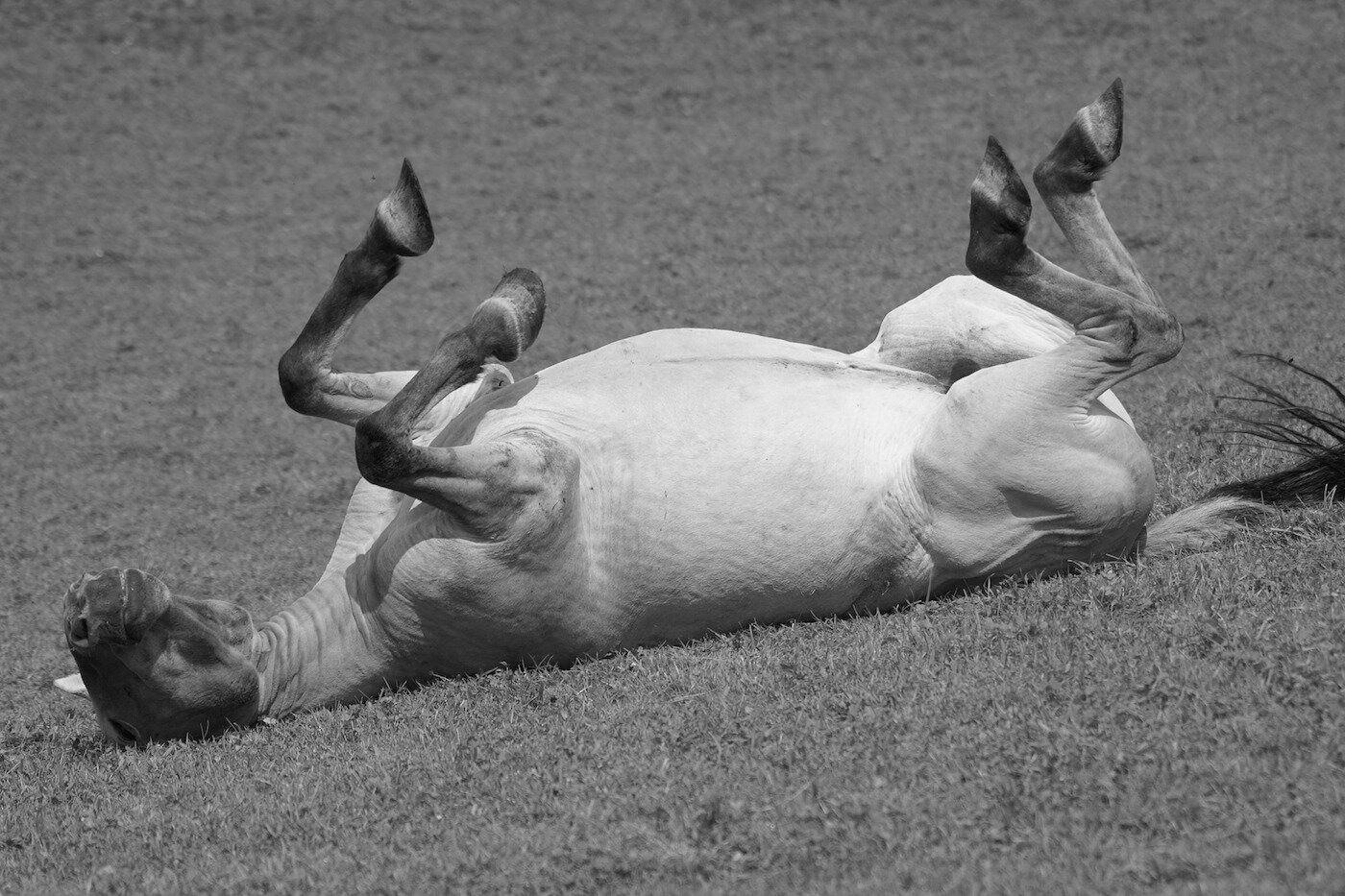Your Core is Not Your Master
Prevailing cultural ideas refer to the abdomen as the core, and we talk about "core strength" as being beneficial. Consider a few ideas about strengthening the abdomen:
Muscles must work in tandem
Let's talk about appropriate distribution of effort. If you can contract the abdominal muscles strongly, it doesn't mean you can use them efficiently. Efficient movement comes from the complex system of interconnected muscles working appropriately, that is, contracting each according to their function and size. Strengthening the abdominal muscles does not help this happen.
In fact, it can have profound negative functional consequences. Even the most developed muscles are of no use if they cannot coordinate with our intention to act in the world.
Power comes from balanced function
Power is an integrated functioning of all the parts. It is the functional relationship of muscles to movement that matters, not the inherent strength of any one muscle. Balance and organization is not dependent on rigid strength, but the ability to yield and bend.
This cannot happen with tense, contracted muscles. True strength is a perfect balance of yielding and resisting. Too much resistance or too much yielding creates extra work for our muscles to compensate for the imbalance.
Muscles need to be available
If your abdominal muscles are tense from "core strength", they are not available to move the trunk. Their potential power is already gone. If they were in a neutral state, you could access them for the next activity. But contracting them more powerfully will not improve how you act in the world.
When we get into the habit of over-contracting in one area like the abdomen, it interferes with true, coordinated strength.
It's a brain thing
Improving motor skills is a complex timing issue, and this is resolved in the brain. Imposing abnormal, non-functional patterns of control in the abdomen is to sidestep a natural reorganization of the neuromuscular system. Simply strengthening abdominal muscles will not improve motor skills.
Reorganizing neuromuscular patterns is an evolutionary strategy as old as human life. Having this possibility gives us the unique capacity to learn, develop, and create choice in our behavior.
Choice increases spontaneity
Improved choice in our musculoskeletal system allows for more spontaneity in response to the environment, such as quickly righting a bicycle, catching a falling glass, or recovering from a stumble. (While these are mechanical things, the more we access our ability to reorganize neuromuscular patterns, the more we increase emotional spontaneity as well.) But, as you can imagine, we can't do any of these things well if we are tensing the abdominal muscles in one way all the time.
So breathe, let the belly be free, and think of integrating your entire torso in the service of your actions instead of molding your actions to serve a contracted abdomen. Your core is not your master.

